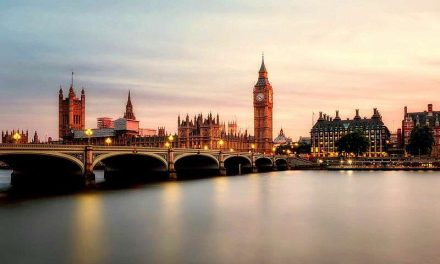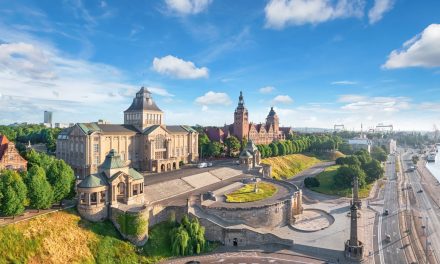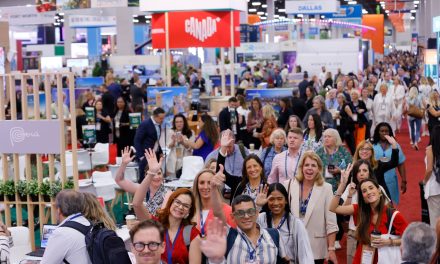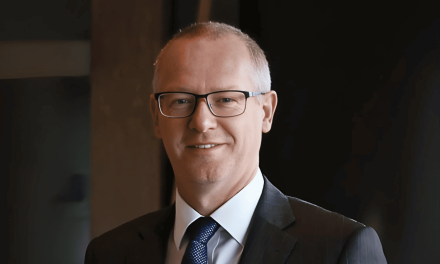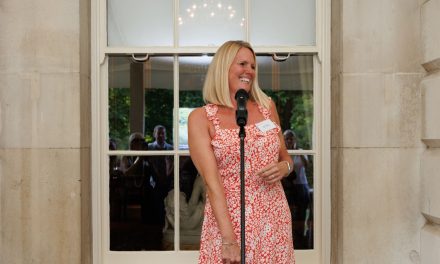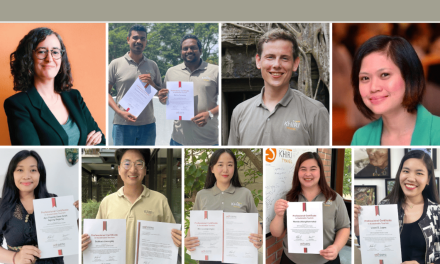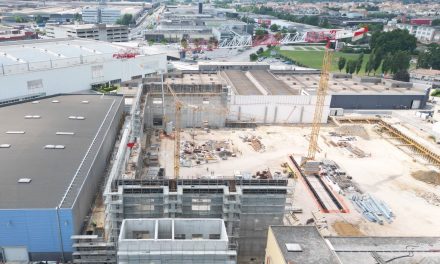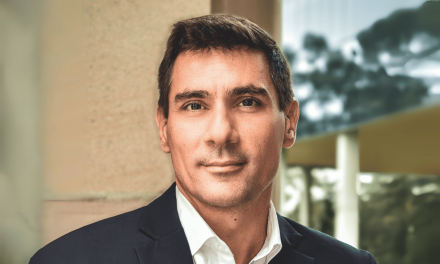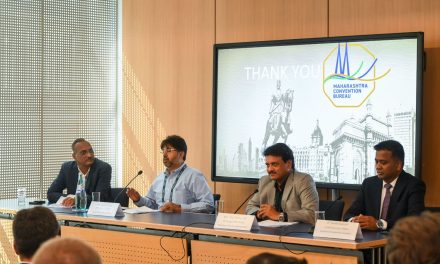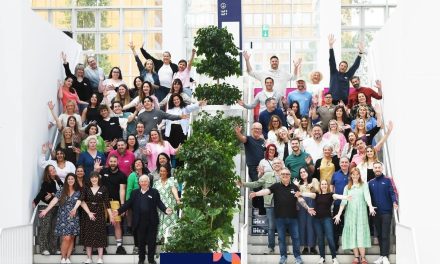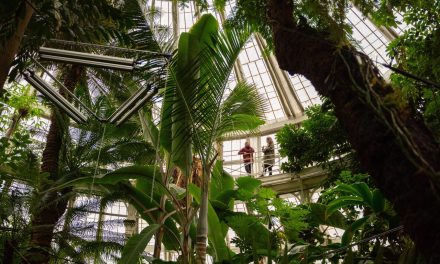Cologne. Cologne is hosting three events in the first half of July this year, making the city a hub of the international aerospace scene. From 1st to 5th July 2013 the Institute of Aerospace Medicine of the “Deutsches Zentrum für Luft- und Raumfahrt” (DLR) — Germany’s national aeronautics and space research centre — in Cologne convened the 26th “Planetary Congress”, the world conference of the Association of Space Explorers (ASE). At this event approximately 80 astronauts and their associates took part in a variety of activities, specialized presentations and public events throughout Germany. On 5th July 2013 DLR opened the “:envihab”, a unique research facility which makes it possible for scientists to work under precisely controlled environmental conditions. For example, they can simulate the isolation conditions of a long term mission in outer space. Following the opening ceremony, the DLR Institute of Aerospace Medicine organized the 19th “Humans in Space” congress, which focused on the connection between aerospace research and terrestrial medicine, from 7th to 12th July 2013.
The Planetary Congress provided astronauts with a platform where they could share their experiences and report on their latest projects. The current state of research as well as developments expected in the future were showcased in specialized presentations. Panel discussions and workshops on the main topics of the congress were directed toward a wider audience than just interested individuals from within the industry. Above all, it was important to the astronauts that they shared ideas and experiences with students and young people. The ASE supports educational initiatives in the fields of science, technology, engineering and mathematics. The focus of these efforts is to raise awareness and strengthen feelings of responsibility for our environment and our planet.
On 5th July 2013 DLR opened “:envihab” — a unique research facility in which scientists can now simulate long term missions in space under precisely controlled environmental conditions. The core of the facility is a centrifuge that can produce an acceleration of up to 6 times the force of gravity. Test subjects can, for example, undergo ultrasound examination while experiencing such conditions. A sleep laboratory has room for twelve test subjects, thus making it possible to carry out isolation studies over an extended period of time there. The facility is also outfitted with magnetic resonance imaging (MRI) equipment as well as a physiology laboratory and a pressure chamber which can simulate the conditions that exist at altitudes of up to 5,500 meters.
The connection between research done at earth-based facilities such as :envihab and research carried out in space is the theme of the 19th “Humans in Space” symposium, currently being staged by the DLR Institute of Aerospace Medicine in Cologne from 7th to 12th July 2013. The spectrum of scientific events ranges from astrobiology and psychology to space tourism and the insights that could be gained from the Mars500 mission.
As the specialist department for all segments of the event business in the city of Cologne, the Cologne Convention Bureau (CCB), together with the “Kölner Wissenschaftsrunde” (Cologne’s Science Round Table), supported the organizers of the astronaut congress in making their preparations.
www.dlr.de/en
www.ase26.org
www.his2013.com
www.conventioncologne.de

